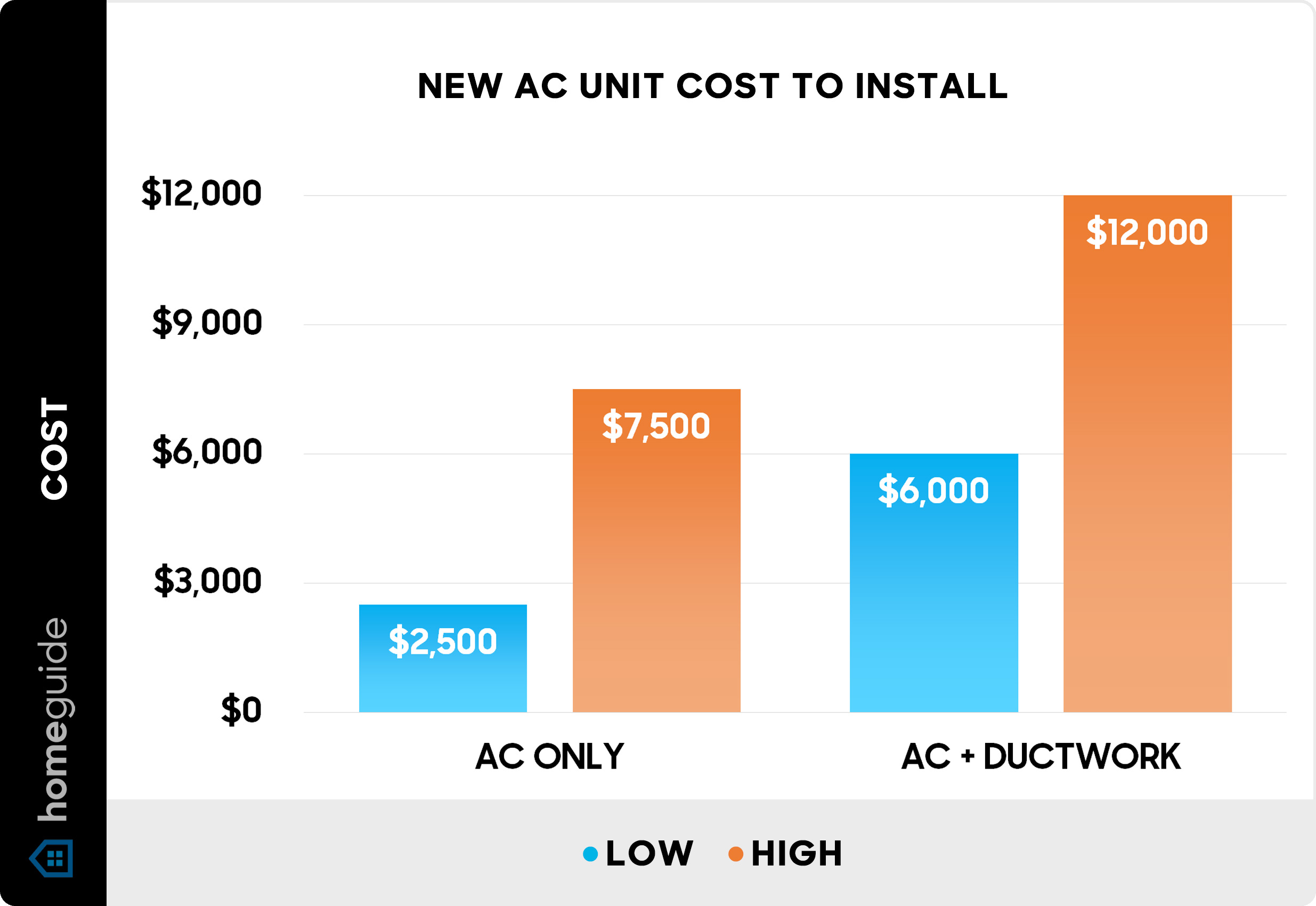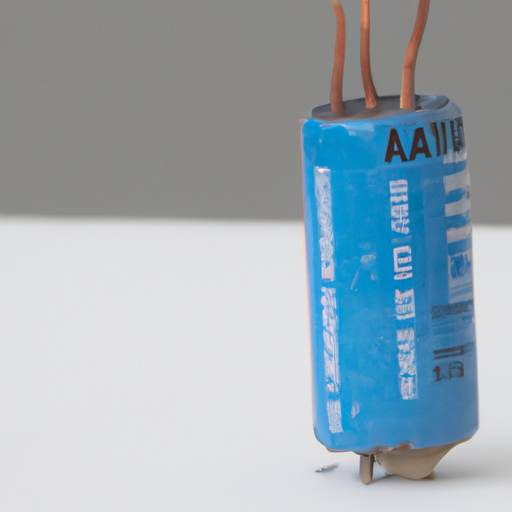Are you curious about the value of an AC unit when it comes to scrap? Well, wonder no more! In this article, we will explore the worth of an AC unit in the scrap market. Whether you’re considering selling an old unit or just want to satisfy your curiosity, we’ve got you covered. So, let’s dive into the world of AC unit scrap value and discover what it’s truly worth.
What is an AC Unit?
Definition of AC Unit
An AC unit, or air conditioning unit, is a device that is used to regulate and control the temperature, humidity, and air quality of an indoor space. It works by extracting heat from the air within a room and transferring it outside, thereby cooling the room. AC units are commonly used in residential, commercial, and industrial settings to create a comfortable and controlled environment.
Types of AC Units
There are various types of AC units available in the market, each designed for specific purposes and settings. The most common types include window air conditioners, split air conditioners, central air conditioners, and portable air conditioners. Window air conditioners are typically installed in a window frame and cool a single room. Split air conditioners consist of an indoor unit and an outdoor unit and are used to cool multiple rooms. Central air conditioners are used to cool an entire building or home through a network of ducts, while portable air conditioners are versatile units that can be moved from room to room.
Functionality of AC Units
AC units primarily function by utilizing the principles of refrigeration to cool the air. They contain a compressor, condenser, evaporator, expansion valve, and refrigerant. The compressor pressurizes the refrigerant, which then flows through the condenser to release heat to the outside environment. The cooled refrigerant then passes through the expansion valve, where it expands and cools further. Finally, the refrigerant passes through the evaporator, where it absorbs heat from the indoor air and cools it down before being recirculated.
Scrap Value of AC Units
Factors Affecting Scrap Value
Several factors impact the scrap value of AC units. These factors include the current market price of scrap metal, the overall condition of the unit, the type and quantity of materials used in its construction, and the efficiency of its components. Additionally, the presence of valuable metals such as copper can significantly amplify the scrap value of an AC unit.
Determining Scrap Value
To determine the scrap value of an AC unit, it is essential to consider the different components it contains, such as copper coils, compressors, power cords, aluminum fins, fan motors, capacitors, and condenser coils. Each of these components has a value that contributes to the overall scrap value. Scrap yards and online platforms are commonly used to assess the value and sell AC units for scrap.
Average Scrap Value of AC Units
The average scrap value of AC units can vary widely based on factors such as geographic location, market conditions, and the prevailing prices of scrap metal. On average, an AC unit can be worth anywhere from $50 to $200 in scrap value. However, it is crucial to note that prices may fluctuate and it is recommended to research the current market value before selling any AC units for scrap.
Components of AC Units with Scrap Value
Copper Coils
Copper coils are one of the most valuable components found in AC units. These coils are responsible for cooling the air and transferring heat. Due to the high demand for copper in various industries, copper coils can fetch a significant price in the scrap market.
Compressors
Compressors in AC units are essential for pressurizing the refrigerant and facilitating the cooling process. These components can be valuable due to their functionality and the presence of metals such as copper and aluminum.
Power Cords
Power cords, although relatively small, can still contribute to the scrap value of an AC unit. The copper or aluminum wiring inside the power cords can be recycled and sold for its scrap value.
Aluminum Fins
Aluminum fins are part of the condenser and evaporator coils and play a crucial role in heat exchange. Since aluminum is a lightweight and highly recyclable metal, these fins can have some scrap value.
Fan Motors
Fan motors are responsible for circulating air throughout the AC unit and facilitating the cooling process. Depending on the type and condition of the motor, it may have some value when sold for scrap.
Capacitors
Capacitors store electrical energy within an AC unit and help start the compressor and fan motors. While the scrap value of capacitors may be relatively low, they still contain valuable materials that can be recycled.
Condenser Coils
Condenser coils are responsible for releasing the heat absorbed from the indoor air to the outside environment. These coils often contain aluminum or copper tubing, making them valuable for scrap purposes.
Methods for Selling AC Units for Scrap
Local Scrap Yards
One of the most common methods for selling AC units for scrap is by visiting local scrap yards. These facilities specialize in purchasing and recycling various types of metal, including those found in AC units. Before visiting a scrap yard, it is advisable to contact them to ensure they accept AC units and to inquire about any specific requirements or regulations they may have.
Online Platforms
Online platforms provide another avenue for selling AC units for scrap. Websites and forums dedicated to buying and selling scrap metal allow individuals to connect with potential buyers nationwide. These platforms can provide access to a larger market and potentially higher prices, but it is important to consider transportation costs and logistics when selling AC units online.
HVAC Contractors
HVAC contractors can be a valuable resource when selling AC units for scrap. Since they are in the business of repairing and installing HVAC systems, they may be interested in purchasing used units for salvage parts or scrap. Contacting local HVAC contractors and inquiring about their interest in buying AC units can be a convenient option.
Eco-Friendly Disposal Options
In addition to selling AC units for scrap, it is important to consider eco-friendly disposal options. Many scrap yards and recycling centers have responsible recycling programs that ensure the environmentally friendly disposal of AC units. Engaging in these programs ensures that harmful components are handled properly and valuable materials are recovered.
Important Considerations
Legal Regulations
When selling AC units for scrap, it is crucial to comply with legal regulations related to the disposal and sale of these units. Some jurisdictions may require specific permits or documentation when selling AC units, particularly due to environmental concerns. It is advisable to research and adhere to all relevant regulations to avoid legal complications.
Environmental Impact
AC units contain refrigerants, oils, and other chemicals that can harm the environment if not disposed of properly. When selling or disposing of AC units, it is essential to consider their environmental impact. Opting for responsible recycling and disposal methods ensures that these harmful substances are managed appropriately and do not contribute to pollution.
Safety Precautions
Disassembling AC units for the purpose of selling them for scrap involves various safety hazards. AC units may contain sharp edges, electrical components, and refrigerants, all of which require careful handling to avoid injuries or accidents. It is crucial to follow proper safety precautions during disassembly and when selling AC units for scrap.
Professional vs. DIY AC Unit Disassembly
While it is possible to disassemble AC units and sell them for scrap as a DIY project, hiring professionals may be a safer and more efficient option. HVAC technicians or specialized scrap metal recyclers have the necessary skills and equipment to safely dismantle AC units, ensuring a higher yield of valuable components while minimizing risks.
Tips for Increasing AC Unit Scrap Value
Proper Disassembly Techniques
When disassembling AC units for scrap, employing proper techniques is crucial to maximize the value of the components. Taking care to remove valuable parts such as copper coils, compressors, and fan motors without damaging them ensures a higher scrap value.
Cleaning and Sorting Components
Before selling AC units for scrap, cleaning and sorting the components can help increase their value. Removing dirt, debris, and other contaminants improves the appearance and quality of the materials, making them more desirable for buyers.
Preserving Components
Protecting valuable components from damage during transport and storage is essential for preserving their scrap value. Properly packaging and storing components such as compressors and fan motors prevents deterioration and potential loss of value.
Bulk Selling
Selling AC units for scrap in bulk can potentially fetch a higher price per unit. Scrap metal buyers often offer better rates when purchasing larger quantities. Accumulating multiple units and selling them together can be a strategic way to increase the overall scrap value.
Negotiation Skills
Having good negotiation skills can be advantageous when selling AC units for scrap. Building relationships with scrap metal buyers and understanding the current market conditions can help negotiate better prices. Being knowledgeable about the value of different components within AC units can also enable effective negotiations.
Market Trends and Prices
Fluctuations in Scrap Metal Prices
The scrap metal market experiences frequent price fluctuations due to various factors such as supply and demand, global economic conditions, and geopolitical events. Prices for scrap materials, including those found in AC units, can change rapidly. Those looking to sell AC units for scrap should stay informed about market trends to maximize their returns.
Regional Variations
The scrap metal market is not homogeneous, and prices can vary significantly based on location. Factors such as local supply and demand, transportation costs, and regional economic conditions influence the price of AC units for scrap. Researching and comparing prices in different regions can help identify the most lucrative markets.
Demand and Supply Factors
The demand and supply dynamics of different scrap metals impact their prices. Commodities like copper and aluminum, which are commonly found in AC units, have global demand driven by various industries. Changes in demand, such as increased infrastructure projects or decreased manufacturing activities, can affect the scrap value of AC units.
Market Volatility
The scrap metal market is subject to volatility due to numerous factors, including economic fluctuations, trade policies, and natural disasters. Rapid price changes can significantly impact the scrap value of AC units. Monitoring market trends and being prepared to adapt to price fluctuations is crucial for maximizing returns.
Additional Sources of Value
Reusability of Components
While selling AC units for scrap can be lucrative, some components may still have reuse value. Internal parts or specific components may be sought after by individuals or businesses for repair or replacement purposes. Exploring avenues to sell these reusable components separately can increase the overall value of AC units.
Selling Functional AC Units
If an AC unit is still in good working condition, selling it as-is can yield a higher value compared to selling it for scrap. Individuals looking for affordable cooling solutions or businesses in need of functional equipment may be interested in purchasing used AC units. Online marketplaces, classified ads, or local appliance stores are potential platforms for selling functional AC units.
Salvage Opportunities
In addition to selling AC units for scrap, exploring salvage opportunities can provide another potential source of value. Salvage yards or specialized companies may be interested in purchasing used AC units for their salvageable components. These components may be utilized for repair or refurbishment purposes, offering an alternative avenue for selling AC units.
Donation or Recycling Programs
For individuals or organizations more focused on sustainability and social responsibility, donating or participating in recycling programs can be valuable options. Many organizations have initiatives that accept used AC units, either for refurbishment or environmentally friendly disposal. Not only does this contribute to a greater cause, but it also ensures that resources are properly utilized.
Alternatives to Scraping
Repairing and Reselling
Rather than selling AC units for scrap, repairing and reselling them can be a more profitable option. By addressing any issues or faults with the unit, it can be restored to a functional condition and sold at a higher price compared to its scrap value. This approach requires technical knowledge or the involvement of professionals in the repair process.
Donating Working Units
Donating working AC units to charitable organizations, community centers, or those in need can be a rewarding alternative to traditional scrapping. By providing cooling solutions to individuals or organizations who may not be able to afford new units, one can make a positive impact on their community and reduce waste.
Parting Out for Profit
Parting out AC units for profit involves selling individual components separately rather than selling the entire unit for scrap. By identifying valuable components and targeting specific markets for their sale, one can potentially earn a higher return compared to scraping the entire unit. However, this approach requires careful research and market analysis.
Conclusion
Determining the scrap value of AC units involves considering factors such as the market price of scrap metal, the condition of the unit, and the value of individual components. AC units contain various components with scrap value, including copper coils, compressors, power cords, aluminum fins, fan motors, capacitors, and condenser coils. Selling AC units for scrap can be done through local scrap yards, online platforms, HVAC contractors, or environmentally friendly disposal options. It is important to consider legal regulations, environmental impact, safety precautions, and professional disassembly options when selling AC units for scrap. Additionally, exploring tips for increasing scrap value, market trends and prices, and alternative options such as repair, donation, or parting out can further maximize the value of AC units.





